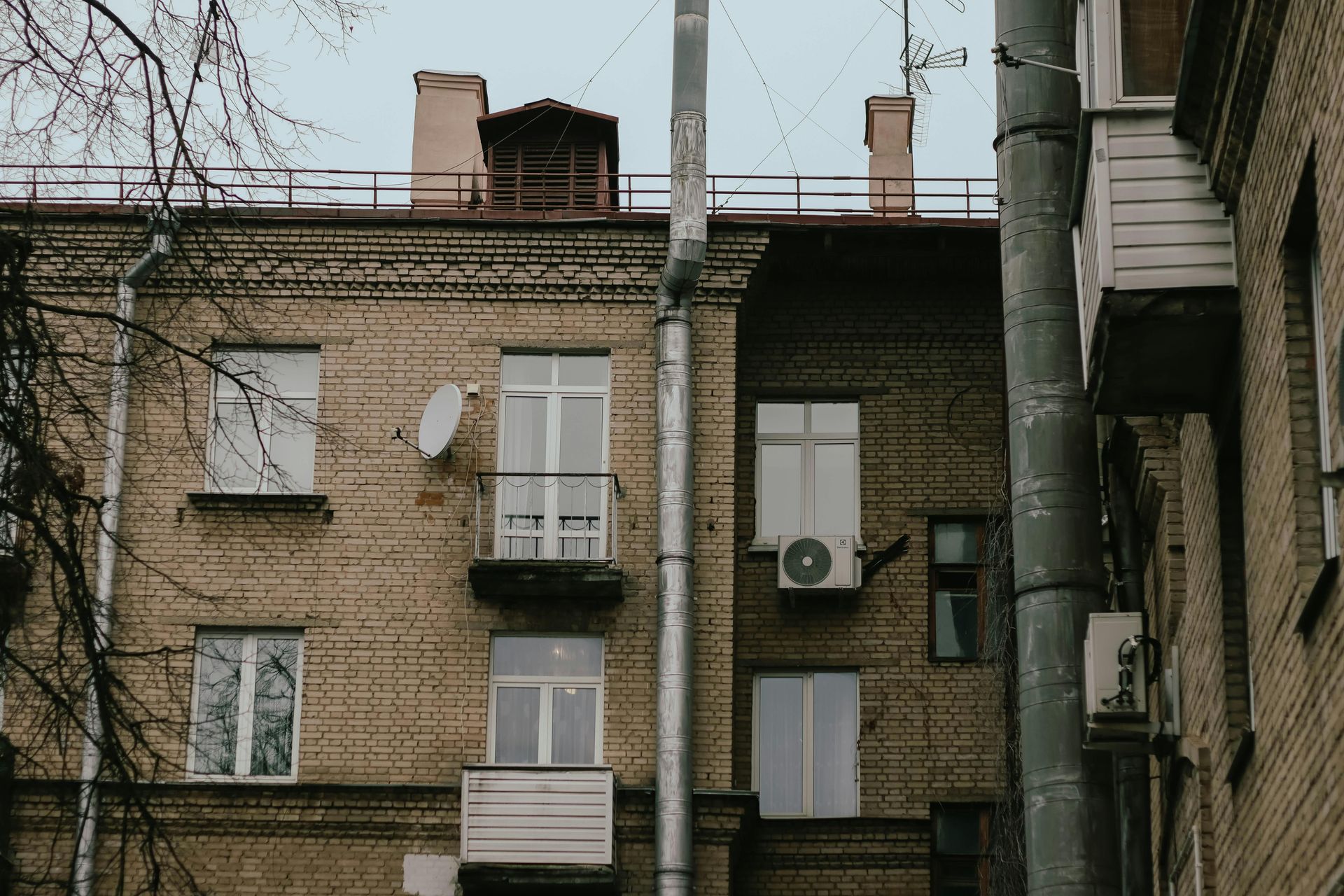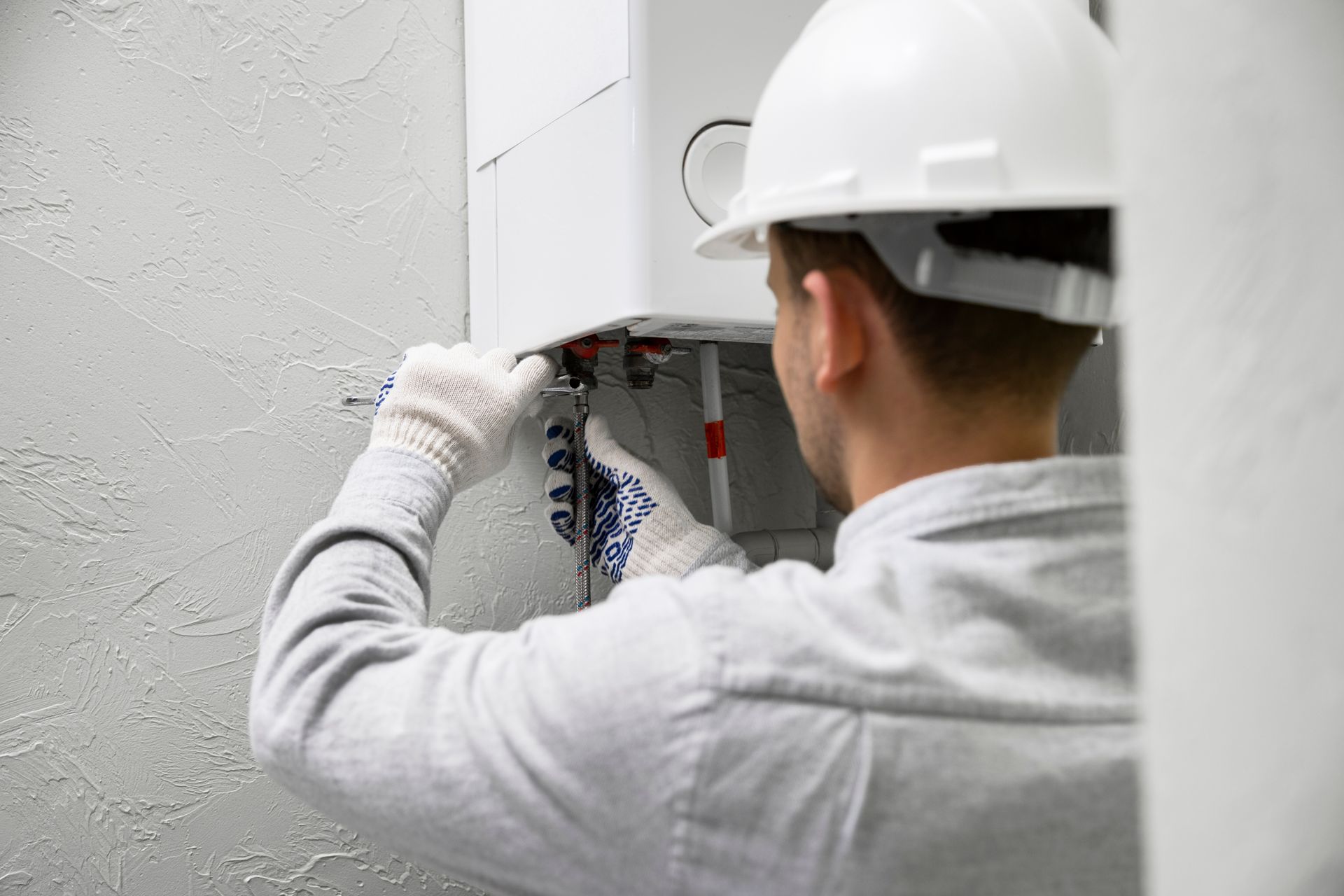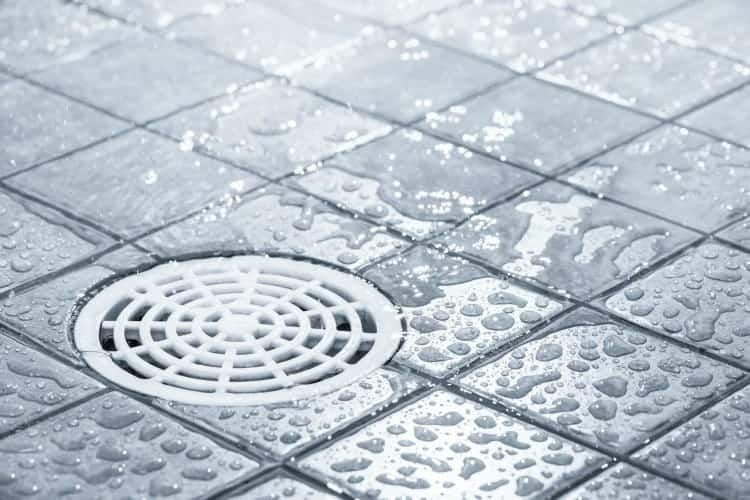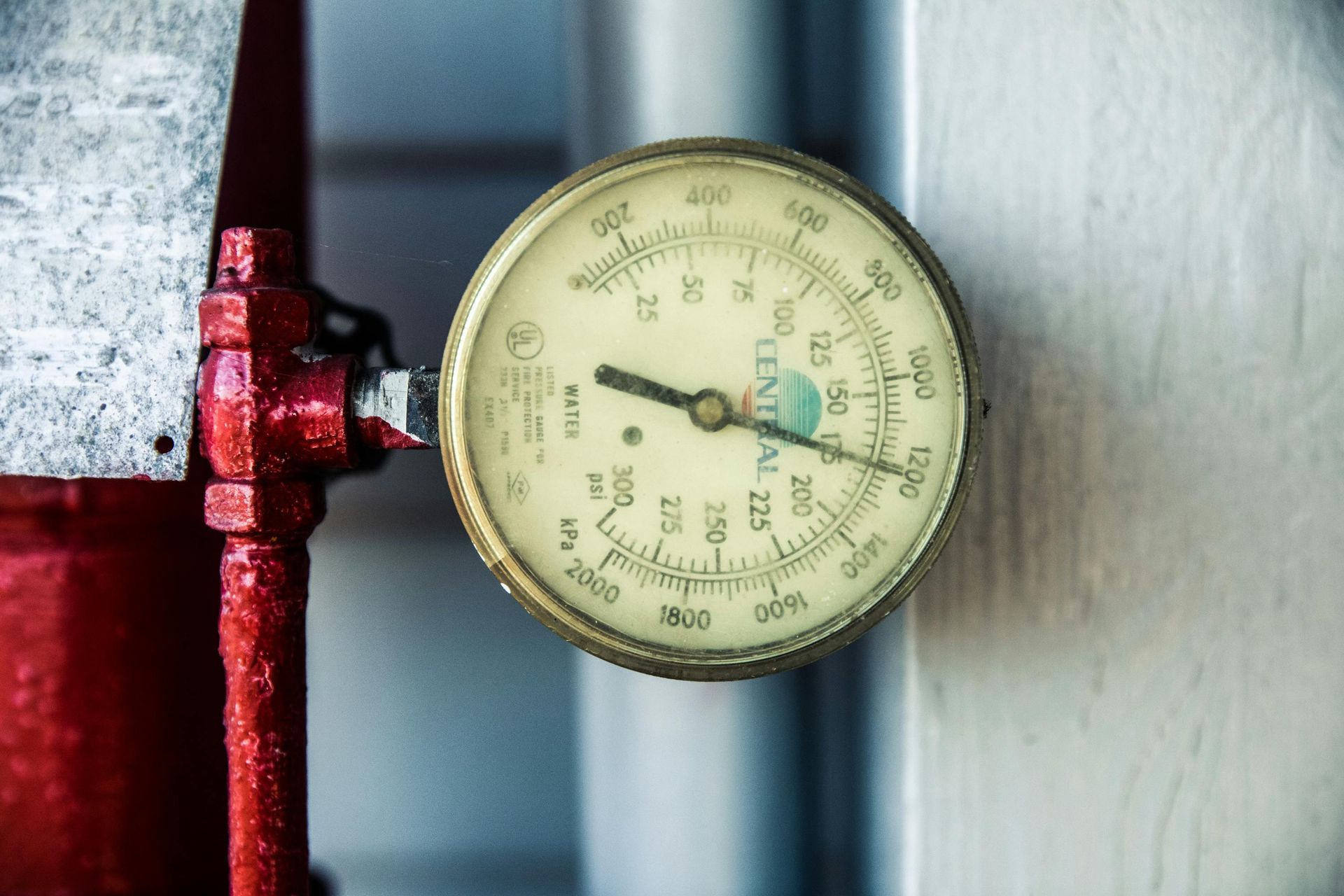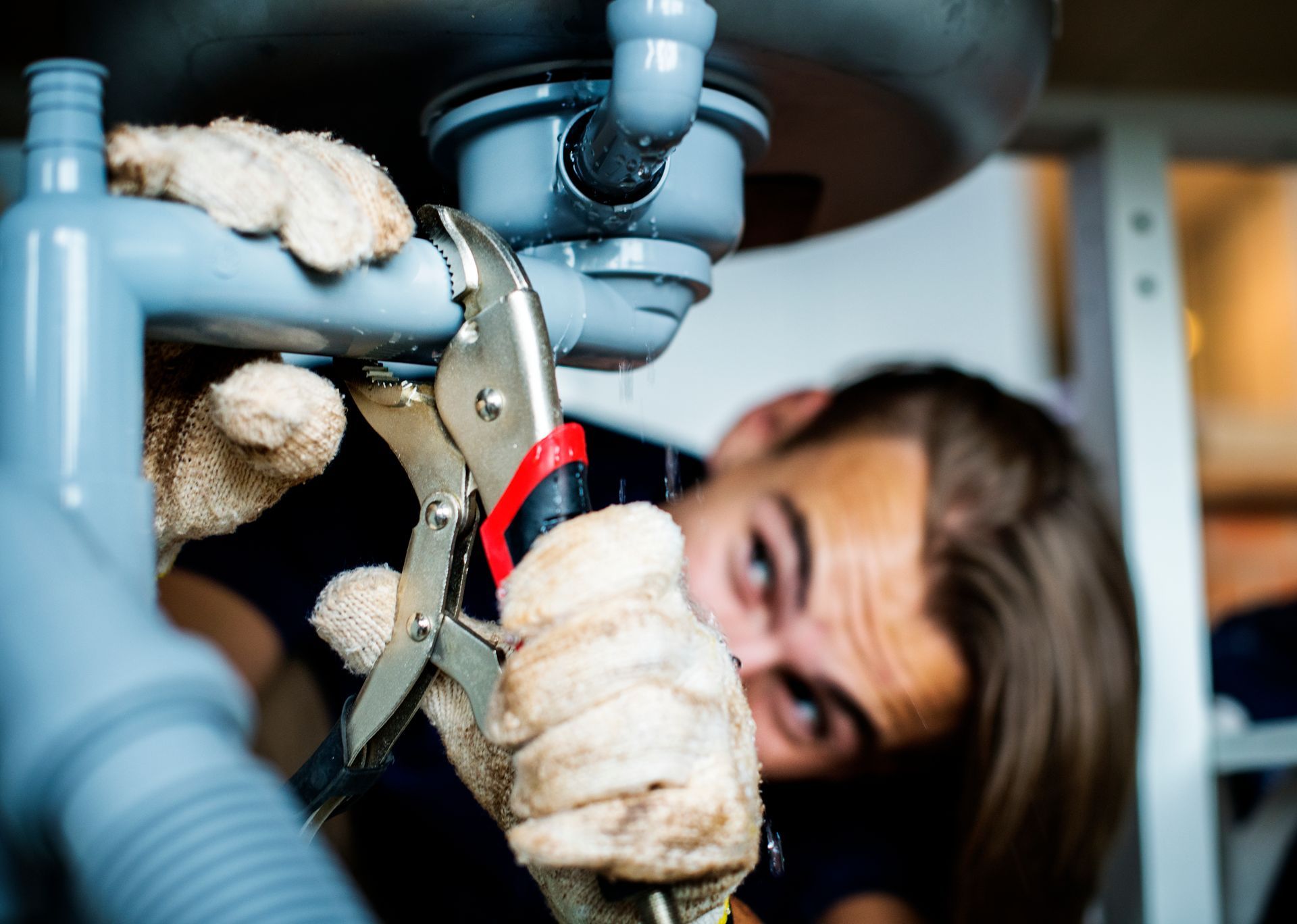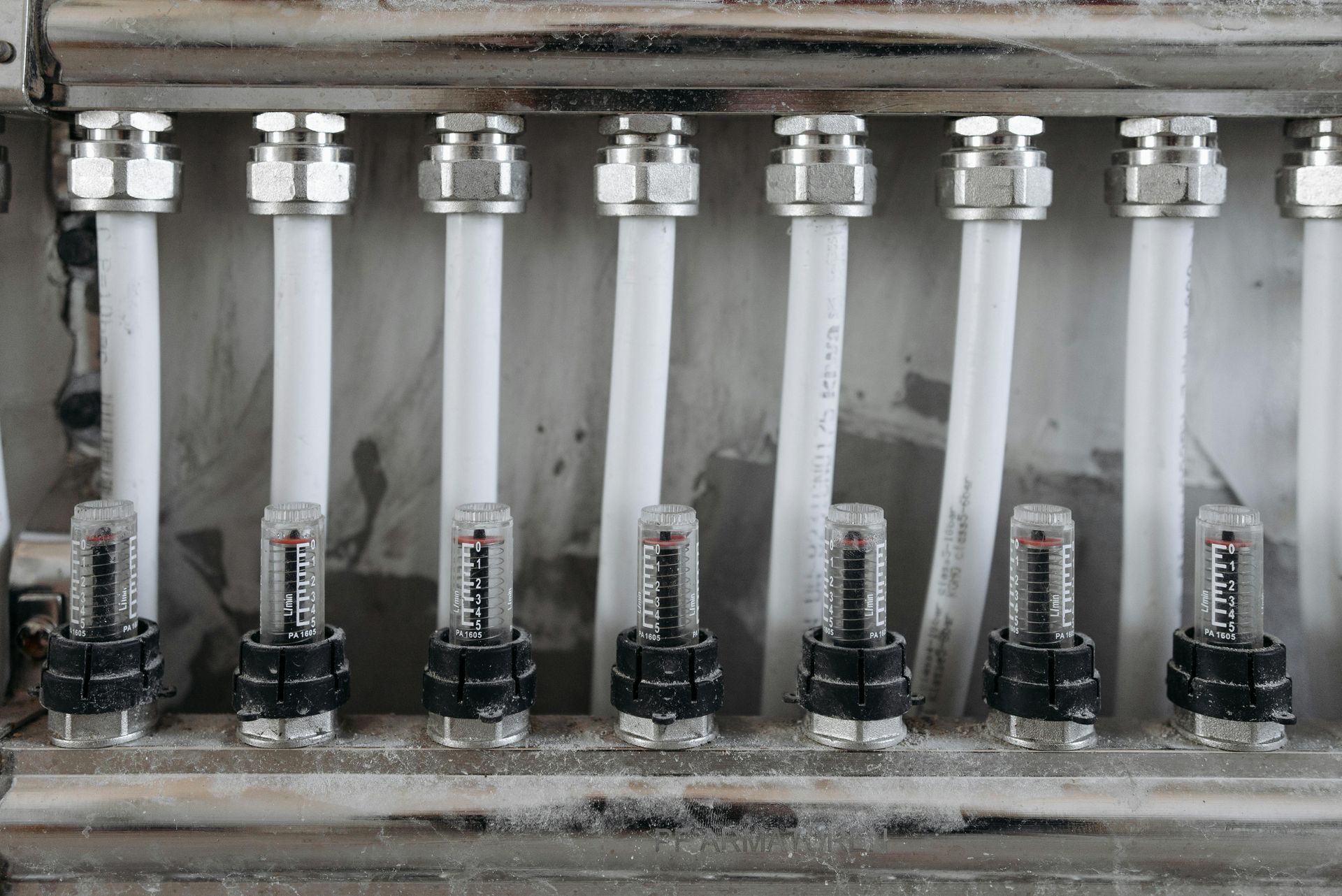How to Fix a Slow Draining Dishwasher?
A slow draining dishwasher is a common household frustration that can disrupt your kitchen routine, leave dishes dirty, and even create unpleasant odors. Addressing this issue promptly is essential to prevent further plumbing complications, such as backups that could eventually require sewer line replacement or the need to replace a sink strainer basket. This professional guide will walk you through the causes, step-by-step troubleshooting, and long-term maintenance strategies to restore your dishwasher’s performance and protect your home’s plumbing system.
Understanding Why Your Dishwasher Drains Slowly
The most frequent causes of slow draining in dishwashers are food debris, grease, mineral deposits, and blockages in the filter, drain hose, or garbage disposal. Food particles and residue can accumulate over time, forming clogs that restrict water flow and hinder drainage1. Grease and fat, when cooled, solidify and stick to the drain walls, further impeding water movement. In areas with hard water, mineral deposits can build up and narrow the drain passage. Additionally, a faulty drain pump, improper installation, or backflow from a blocked air gap or garbage disposal can also contribute to sluggish drainage.
Step-by-Step Guide to Fixing a Slow Draining Dishwasher
1. Disconnect Power and Remove Standing Water
Begin by unplugging your dishwasher or switching off the circuit breaker to ensure safety. Remove all dishes and racks to access the bottom of the appliance. Use a cup or small container to scoop out any standing water, then soak up the remainder with towels or a sponge. This step is crucial for accessing the drain area and preventing spills during repairs.
2. Clean the Dishwasher Filter
A clogged filter is one of the most common reasons for slow drainage. Locate the filter at the bottom of your dishwasher, twist it counterclockwise to unlock, and lift it out. Rinse the filter under warm water, using a soft brush to remove food particles and debris. Once clean, reinstall the filter securely.
3. Inspect and Clean the Drain
After cleaning the filter, check the drain opening for visible debris. Pouring a mixture of equal parts baking soda and vinegar into the drain and letting it sit for 15 minutes can help dissolve grease and minor clogs. Follow up by running a rinse cycle on the hottest setting to flush out loosened debris.
4. Check the Garbage Disposal and Sink Connection
If your dishwasher drains through a garbage disposal, ensure the disposal is clear by running it with water. A clogged or recently installed garbage disposal may have a knockout plug that blocks the dishwasher drain connection—removing this plug is critical for proper drainage. Additionally, if your sink drain is slow or leaking, you may need to replace a sink strainer basket to restore efficient water flow and prevent backups.
5. Inspect and Clear the Drain Hose
The drain hose connects the dishwasher to your home’s plumbing. Kinks, bends, or clogs in the hose can prevent water from draining properly. Pull the dishwasher away from the wall, locate the drain hose, and check for visible kinks or bends. Detach the hose and flush it with hot water to clear any blockages. If the hose is damaged or excessively clogged, replacement may be necessary.
6. Examine the Air Gap
If your kitchen sink has an air gap (a small, slotted cylinder near the faucet), remove and clean it with a stiff brush to clear any debris. A blocked air gap can cause water to back up into the dishwasher, slowing drainage.
7. Check the Drain Pump
If the above steps do not resolve the issue, the drain pump may be faulty or obstructed by debris such as broken glass or food particles. Accessing and cleaning the pump may require removing panels or covers—refer to your dishwasher’s manual for specific instructions. If the pump is malfunctioning, professional replacement may be required.
When to Call a Professional
If you have thoroughly cleaned the filter, drain, hose, and disposal but your dishwasher is still draining slowly, it may indicate a more serious plumbing issue, such as a partial sewer line blockage. In such cases, a professional plumber can perform a camera inspection and determine if sewer line replacement is necessary to restore proper drainage throughout your home. All City Plumbers, for example, specialize in diagnosing and resolving complex drainage issues, ensuring your entire system functions efficiently.
Preventive Maintenance Tips
To keep your dishwasher draining efficiently, scrape excess food from dishes before loading, regularly clean the filter, and run periodic cleaning cycles with vinegar or dishwasher cleaner. Inspect and clean your garbage disposal and sink drains, and promptly address any leaks or slow drainage in your sink—sometimes a simple step like choosing to replace a sink strainer basket can prevent larger problems. As part of broader home care, remember to clean and maintain your outdoor drains to prevent yard debris from contributing to indoor plumbing issues.
Conclusion
A slow draining dishwasher is often the result of clogged filters, hoses, or drain connections, but can also signal deeper plumbing concerns. By following a systematic troubleshooting process and maintaining your kitchen plumbing, you can restore your dishwasher’s performance and protect your home from water damage. For persistent or severe drainage problems, don’t hesitate to consult professionals like All City Plumbers, who can address everything from appliance repairs to sewer line replacement, ensuring your plumbing system remains in top condition.

